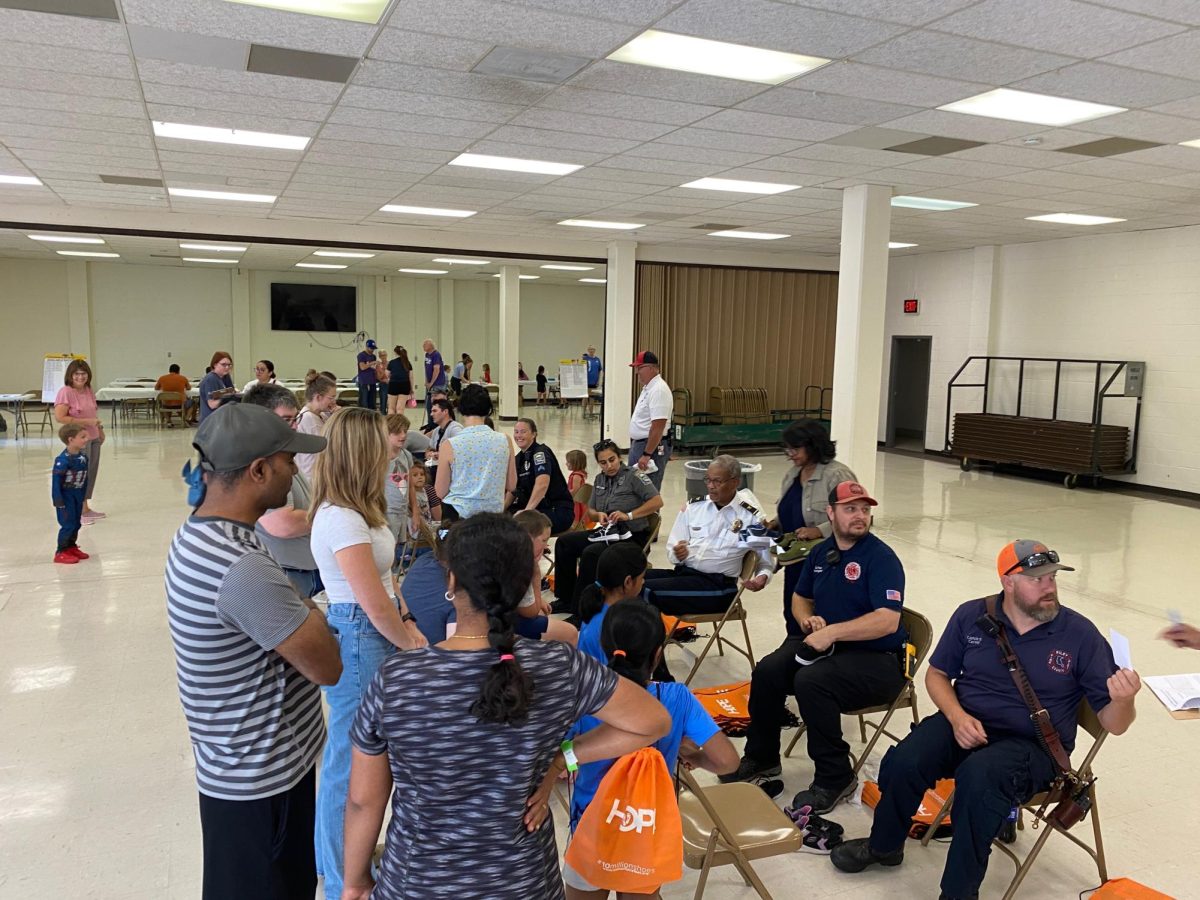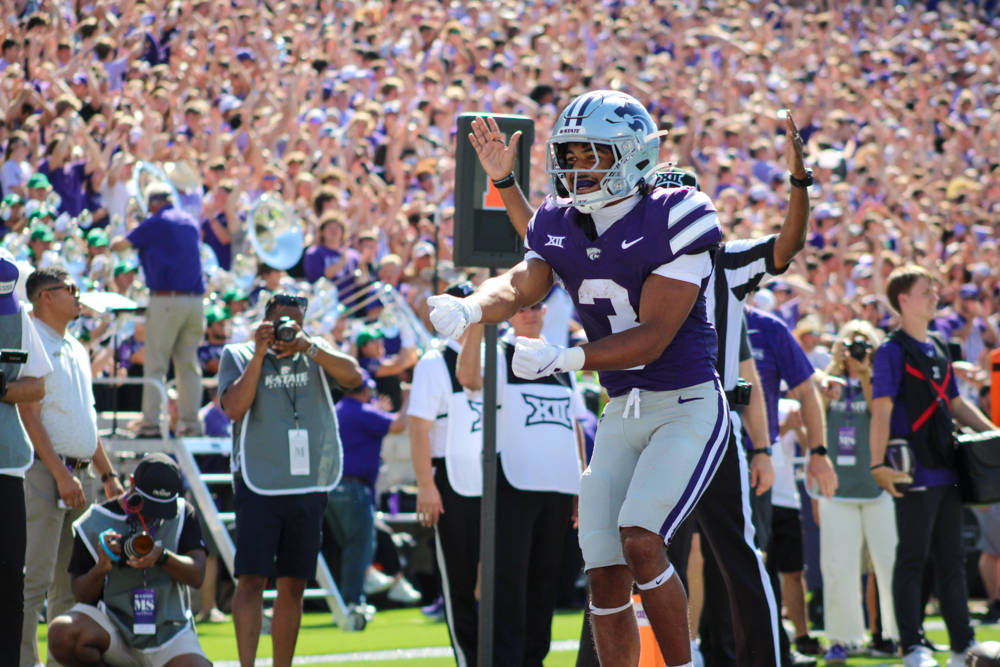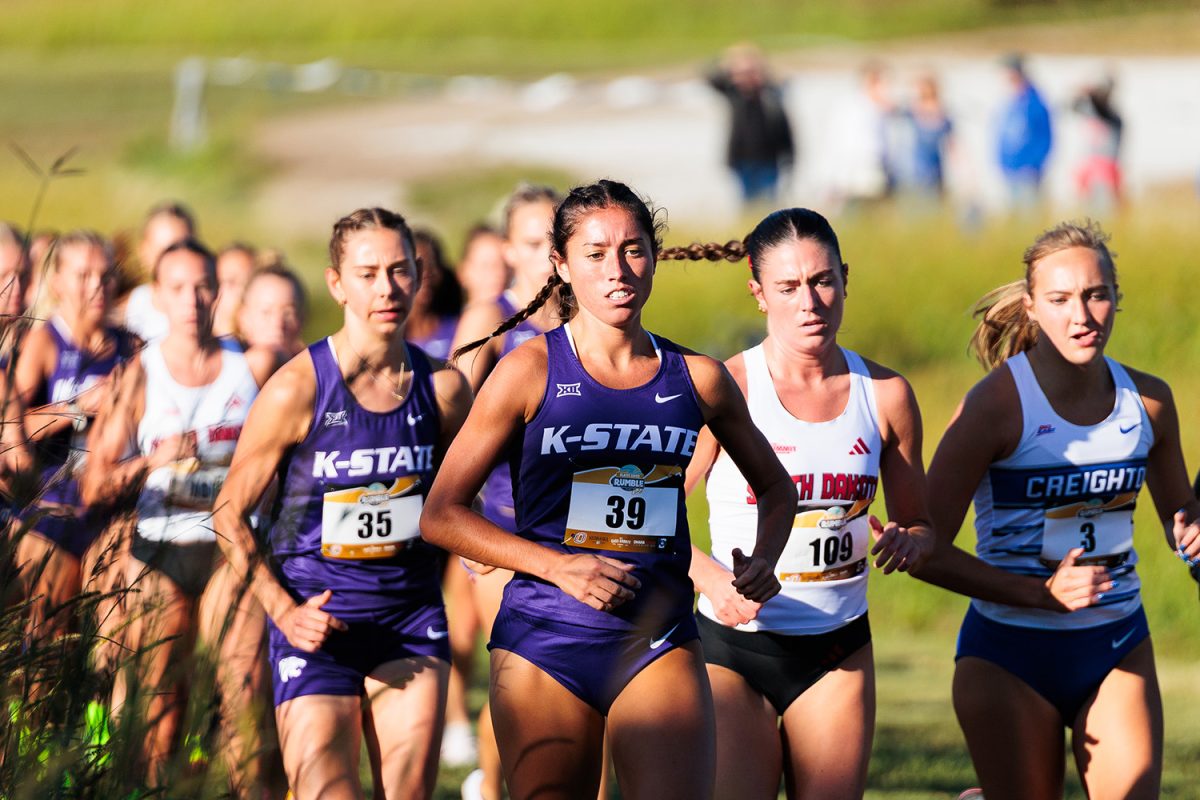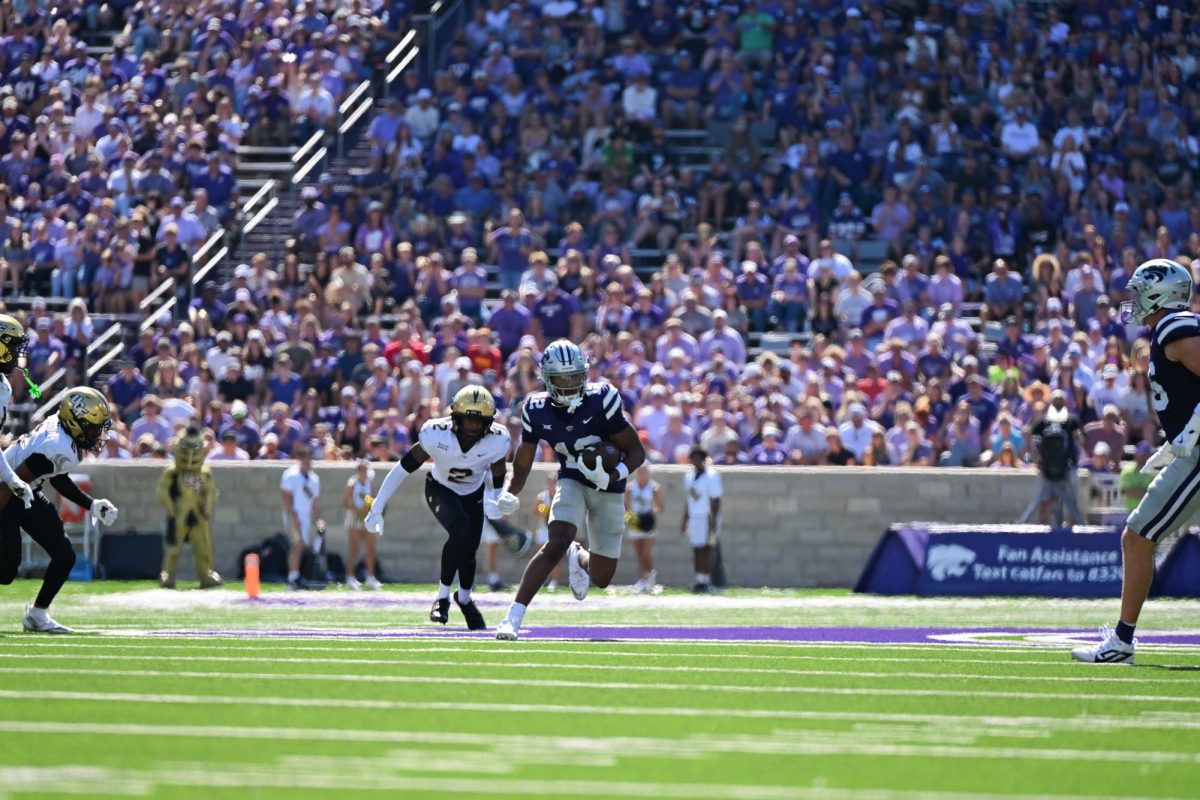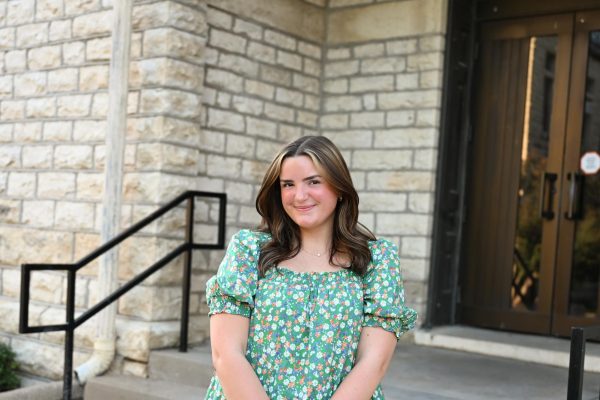During the presidential election on Tuesday, Kansas voters favored former President Donald Trump. He received 57.4% of the popular vote in Kansas, gaining 6 electoral college votes. Vice President Kamala Harris trailed with 40.8% of the popular vote in Kansas.
“This is a movement like nobody’s ever seen before and frankly this was, I believe, the greatest political movement of all time,” Trump said in his victory speech Wednesday morning.
Business development strategist Angel Roeser (R) defeated Kim Zito (D) in the race for Kansas House with 52.8% of votes, representing District 67 (Riley County).
“The voters spoke, and we won,” Roeser said to The Collegian at her watch party with Brad Starnes on election night.
Small business owner Megan Steele (R) won the race for Kansas House District 51 in a landslide win with 68.7% of votes. Her opponent, Linda Morse (D), received 31.3% of votes.
House District 51 includes Riley County, Wabaunsee County and Pottawatomie County.
For Kansas Senate District 22, former Riley County and Wabaunsee County superintendent Brad Starnes (R) unseated former Manhattan Mayor Usha Reddi (D). Starnes received 51.1% of votes.
Senate District 22 covers Riley County, Clay County and northern parts of Geary County.
“[I’m] excited to see what God’s plan is for us, and to determine where the future is,” Starnes said.
Kansas representative Kenny Titus (R) defeated Matthew Robin (D) for the Kansas Senate District 18 seat, though Robin officially ended his campaign in August. Titus received 67% of the vote.
Senate District 18 includes Pottawatomie County, and parts of Jefferson and Shawnee Counties.
According to the State Electoral Vote History by 270 To Win, 1964 was the last election in which Kansas did not vote in favor of a Republican presidential candidate, and this trend remains consistent through 2024.





















